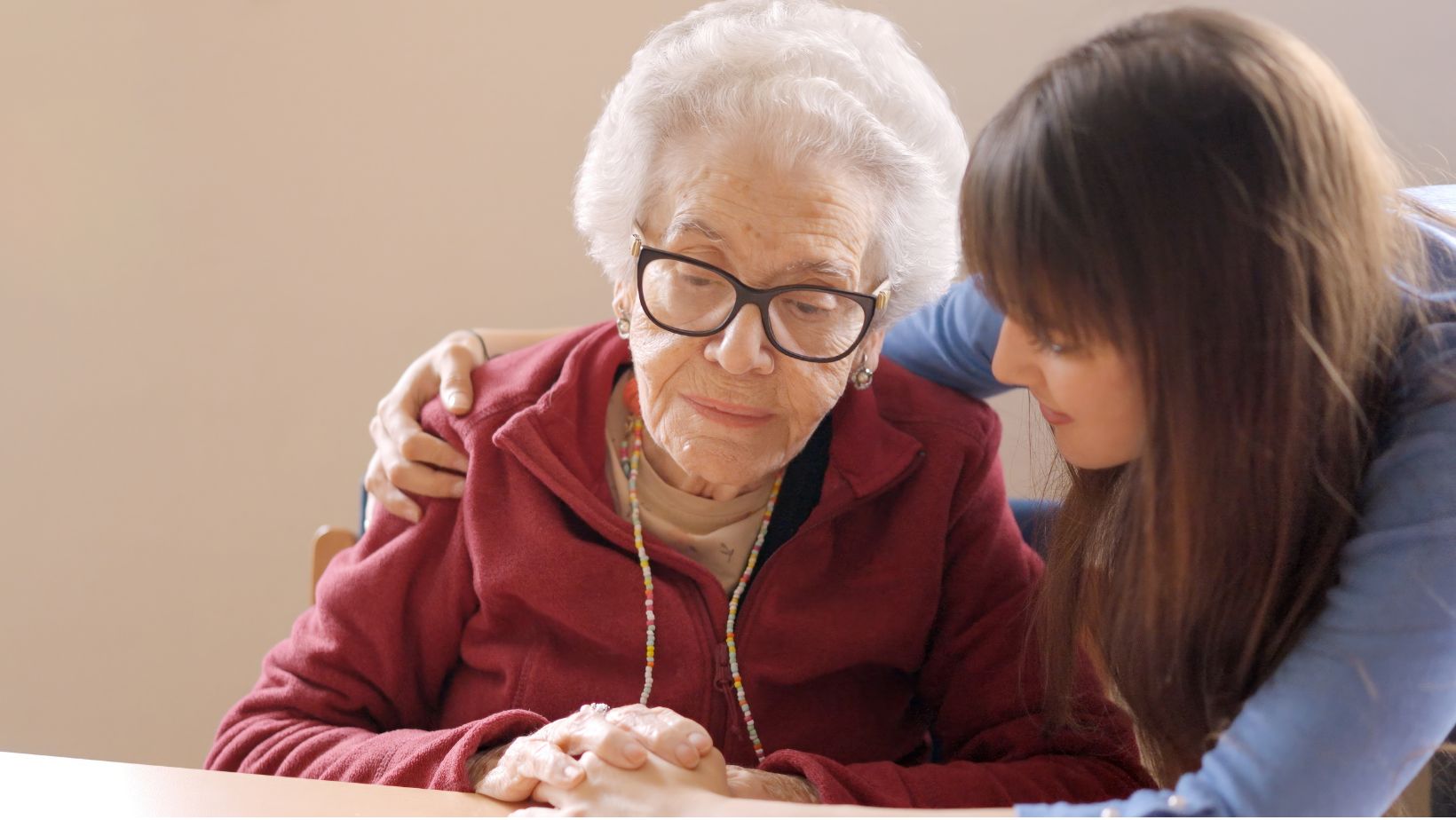Dementia affects millions of people worldwide and the numbers, as life expectancy increases, are rising.
Tackling dementia isn’t easy and for many people who want to support their loved ones living with dementia, it can pose various challenges. The neurological disability affects people in many ways from memory loss to difficulties in everyday tasks, so being on hand in a patient, empathetic and understanding way is key.
If you have a loved one who is living with dementia, and you’re in a position where you want to help them and provide support, here are some important insights on how you can do so.
Understanding Dementia and Its Progression
One of the most important first steps to take when a loved one has been diagnosed with dementia is understanding the condition itself. It involves a number of types of cognitive decline, including Alzheimer’s, vascular dementia and Lewy body dementia.
These all manifest themselves differently, but they do also share symptoms which can include confusion, mood swings, memory impairment and difficulty communicating. What’s more, you need to understand the rate in which dementia can progress and the tasks you may need to help loved ones with, including bathing, dressing, cooking and helping them interact socially.
Recognising the behaviours that are a result of the condition are so vital, as they can aid in your approach in showing patience and empathy.
Communication Techniques: Clarity and Calmness
Communication with those living with dementia can become more challenging as cognitive decline continues, so finding ways to ease that is an important step. You should speak clearly, use simple sentences and maintain a calm tone. This can make all the difference alongside patience and allowing them the time to find the right words and phrases without interruption.
You should avoid asking too many questions at once and take one step at a time in order to not overwhelm them.

Think about asking questions that prompt responses rather than simply yes or no. For example, if you’re thinking about lunch, provide options of what they can have rather than simply “Do you want lunch?”. This allows them to be part of the decision making and included in everyday choices.
Creating a Safe and Supportive Environment
Naturally, one of the things you’ll be most conscious about is creating a safe environment for your loved one that supports their needs. Demential does affect things like spatial awareness and motor skills, so you want to minimise the risks of hazards and falls.
Removing trip hazards, reducing clutter and ensuring essentials are within easy reach are simple changes that can be made, while adding labels and signs around the home can also help reduce confusion.
It’s also a good idea to establish routines more as they create a structure that can reduce anxiety and confusion, diluting the symptoms of dementia.
Engaging in Meaningful Activities
As well as establishing routines for the likes of mealtimes and bed times, you also should include time for more meaningful and enjoyable activities too. The likes of gentle walks, gardening, crafting and other creative activities, as well as even getting involved with chores can help provide a real sense of purpose, promote independence and even improve memory and maintain cognitive skills.
Encourage activities that allow your loved one to use their skills, as it helps preserve their self worth with a condition that can have a significant impact on your mental health as well as cognitive functioning.
Recognising and Managing Behavioural Changes
Mood swings, aggression, and confusion are common in dementia, and learning to manage these can make caregiving less stressful. When difficult behaviour occurs, try to stay calm and avoid reacting emotionally. Redirecting their attention to something positive or removing stressors can often defuse a challenging situation, there are good classes and courses that would give you a more in-depth knowledge of how to be a better caregiver, so looking for caregiver certificates online would be a great next step.

Always remember that these behavioural changes are symptoms of the illness, not a reflection of your loved one’s personality. Seeking professional support, such as a counsellor or dementia specialist, can provide valuable strategies for managing these situations.
Looking After Yourself as a Caregiver
Supporting a loved one with dementia can be emotionally taxing, making self-care essential. Seek respite when needed, and don’t hesitate to ask family, friends, or professionals for assistance. Many support groups exist specifically for dementia caregivers, offering a community where you can share experiences, gain advice, and find comfort in knowing you are not alone.
Lastly, remember to celebrate small successes and moments of joy. Even in the face of dementia, there are moments of connection, laughter, and shared love. These moments are precious reminders that, despite the challenges, your relationship with your loved one remains strong.




















